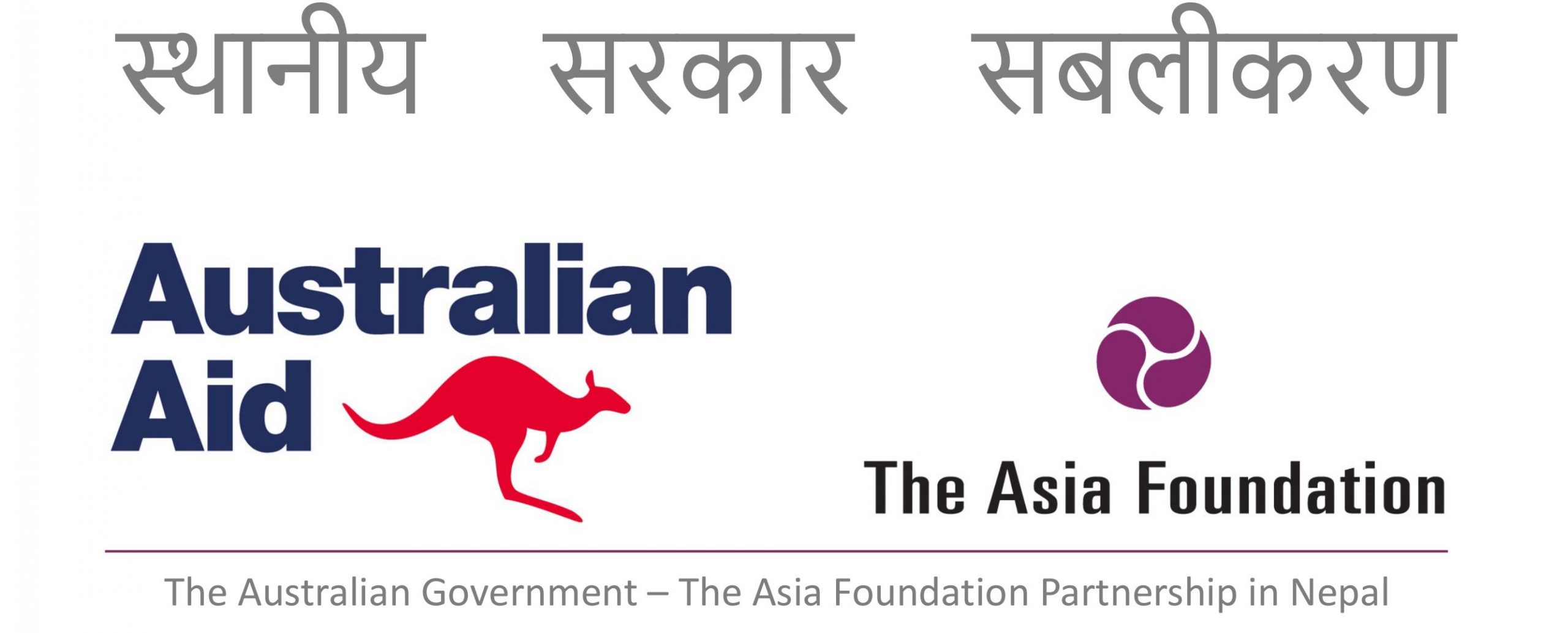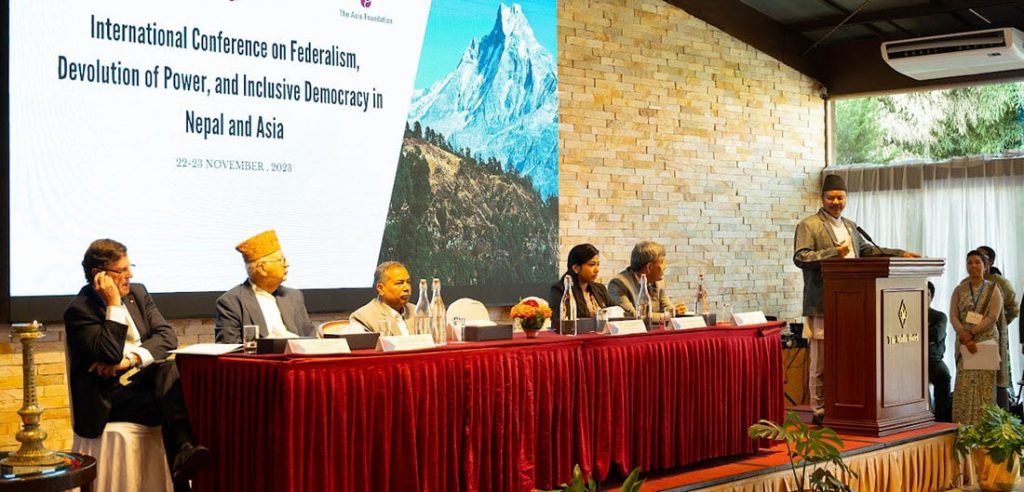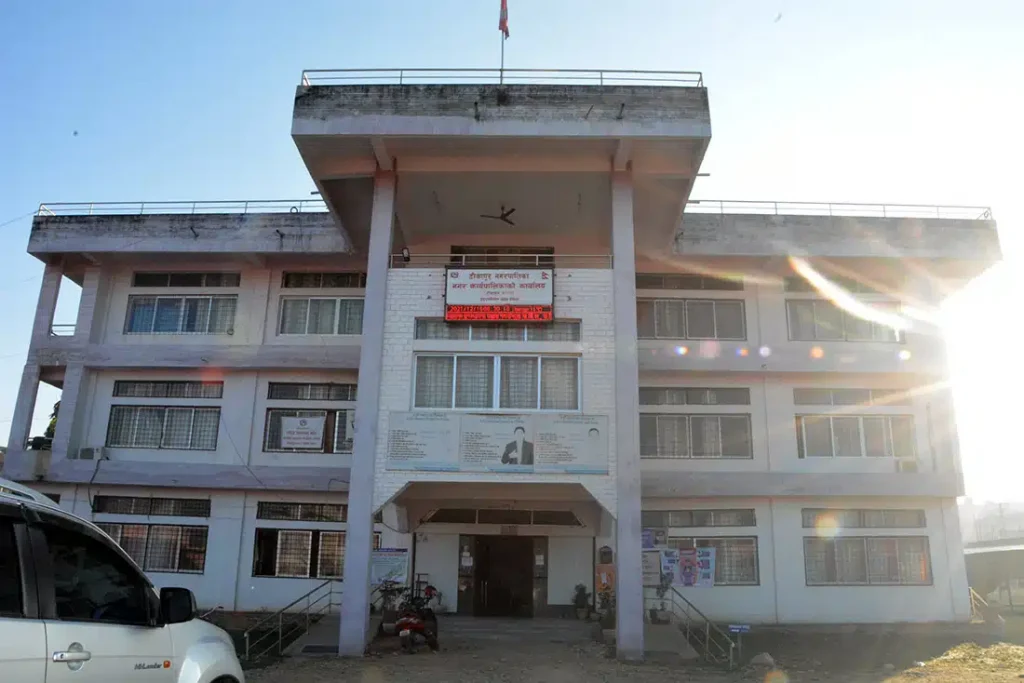Economic Governance
Selected subnational governments (provincial and local governments) formulate and implement inclusive and evidence-based economic policies and plans.
Nepal’s Constitution created a framework transferring functions and financing from the central to the subnational levels. It offers exclusive and concurrent fiscal power to the subnational governments (provincial and local governments), allowing them to levy taxes, collect revenue, and formulate and implement plans and policies on a range of issues within their respective jurisdictions.
Despite this existing legal framework, local government struggled to execute the expanded fiscal responsibilities in the newly federalized context. The challenges included human resources, limited revenue sources, political unwillingness to raise taxes, and planning, budgeting, or program implementation oversight.
In this context, SNGP provides targeted support to subnational governments to fulfill their expanded fiscal responsibilities and strengthen economic governance. The program works toward optimizing public finance management (PFM) through technical assistance for better revenue and expenditure management and enhancing local economic development through private sector engagement, such as enterprise development and public-private partnerships. The program currently focuses on policy implementation (adopting tools and guidelines), primarily related to PFM and local economic development.
At the same time, to promote inclusive and effective planning, governance, and service delivery, the program empowers citizen groups to participate in budgeting processes and expenditure monitoring.
The program provides technical assistance to subnational governments to address the common challenges around the budget cycle, including, but not limited to, the following:



